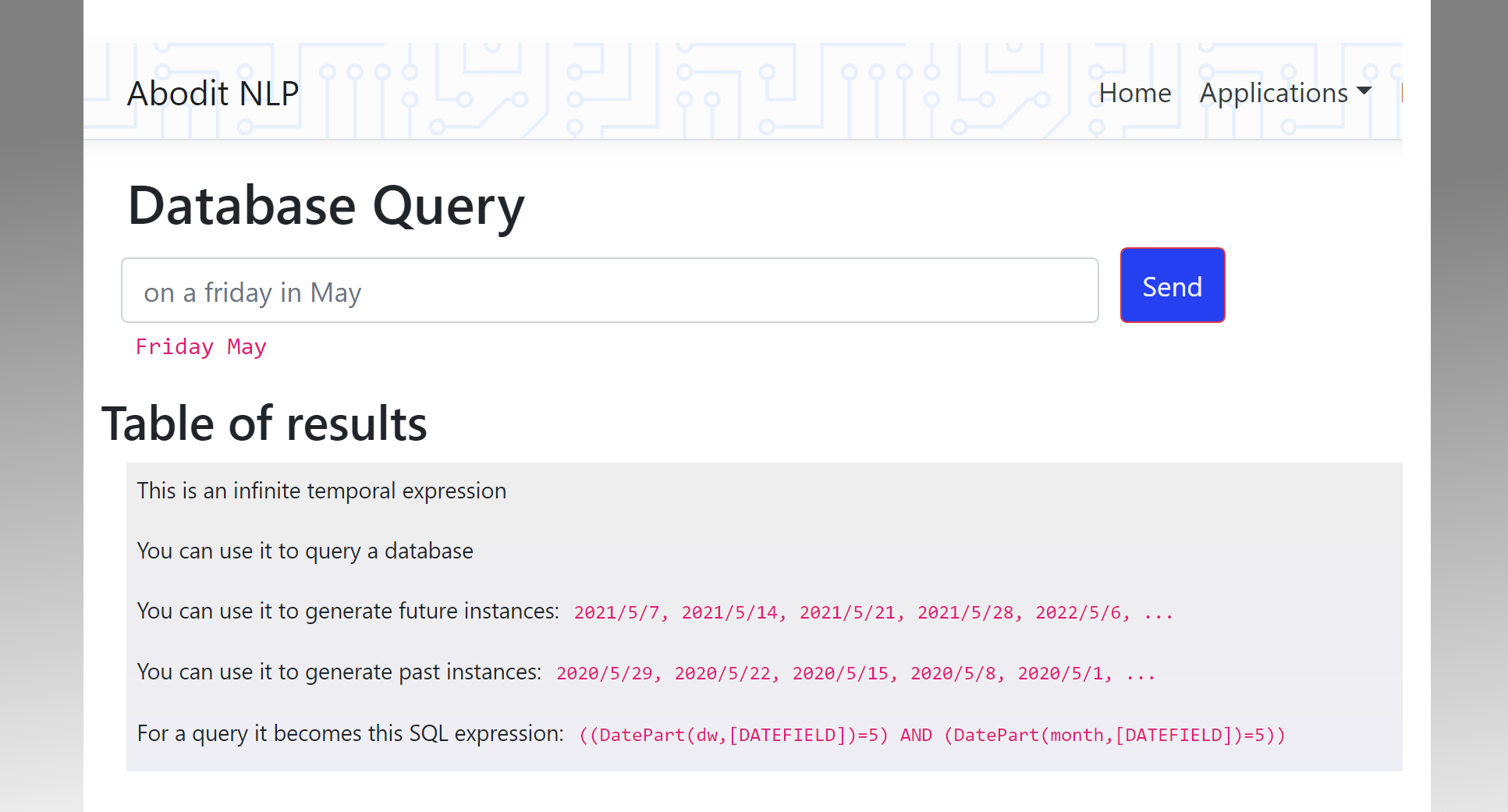ASP.NET MVC meet SEO; SEO meet ASP.NET MVC
Whilst ASP.NET MVC is clearly the best thing to hit .NET web development in a long-time it seems like the framework itself is somewhat challenged when it comes to SEO. For starters the concept of a page has all but disappeared - sure you can have a ViewPage but there's no code associated with it. And sure, you have ASP.NET Routing so you can do anything you like with routes but the catchall route {Controller}/{Action}/{id} is as much a liability as it is a benefit as it catches things you really didn't want it to catch and generates routes you really didn't want to generate all too easily.
Convention over configuration is nice and all that, but sometimes a bit of configuration is necessary to bring your house into order, especially when the convention doesn't allow things you really want for SEO.
So let's take a look at all the things we really want to be able to do when creating an SEO friendly web site and see how we can get ASP.NET MVC to handle them.
For SEO we need:-
1. The ability to define a canonical url for a page. To use that canonical URL whenever we generate a route. To include that canonical url in the page header to instruct search engines that this is the canonical url for that page.
2. The ability to define multiple alternate URLs for a page. Plans change and your site changes too but you don't want 404 errors, you want the user to land on the same page even if you changed the URL to improve its SEO keyword content for example. Ideally you'd like to 301 redirect these legacy urls but having them at least display the right page and including the canonical url in the header for that page is good enough.
3. The ability to use hyphens in urls. But since Controllers are classes and Actions are methods and the convention is to use them as parts of the URL this isn't supported out of the box.
4. The ability to define title, meta description and meta keywords tags for a page in such a way that you can enforce rules around them such as requiring every public page to have a title tag, or ensuring that the length of the title tag is reasonable, or ensuring that your product name is on the end of every title tag.
5. The ability to build a sitemap.xml file that we can submit to Google or Bing containing every URL that we want them to index.
In my next few posts I'll explain how we can overcome all of these shortcomings of ASP.NET MVC to create a great SEO-friendly web site.
Stay tuned!









